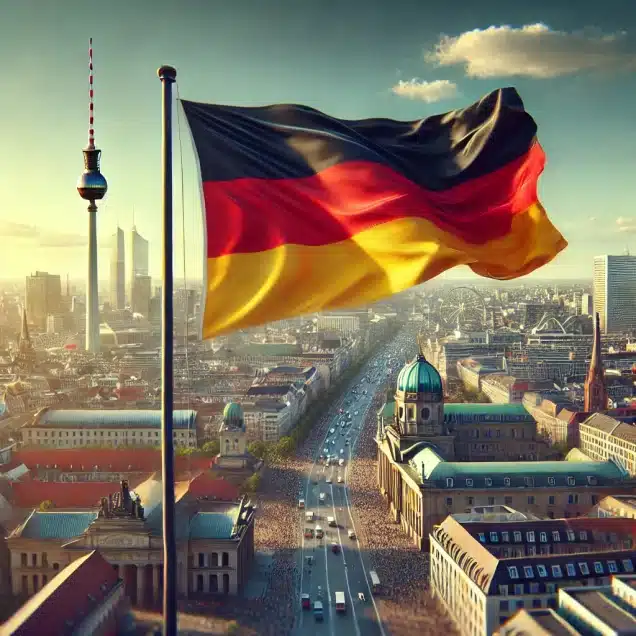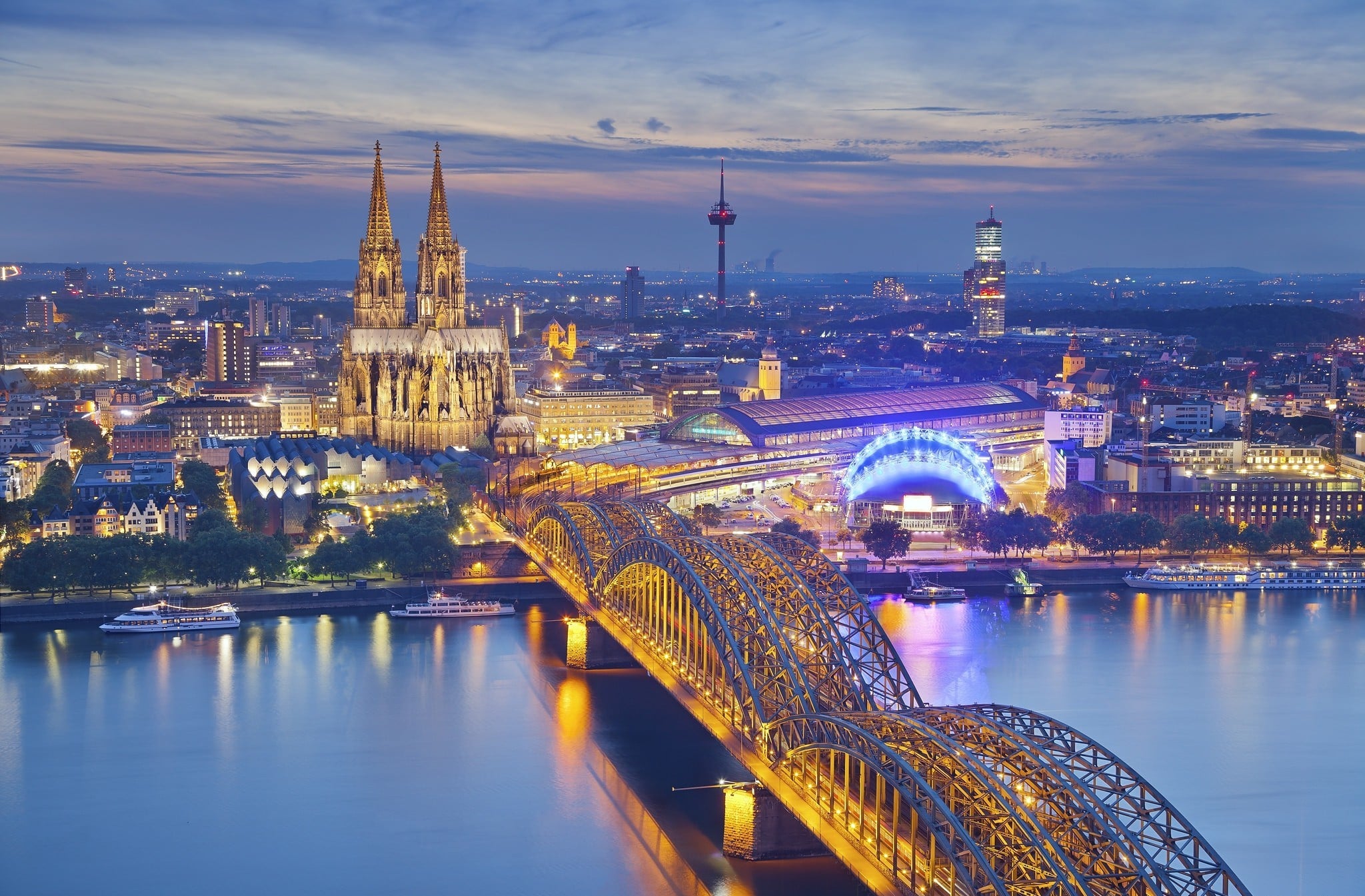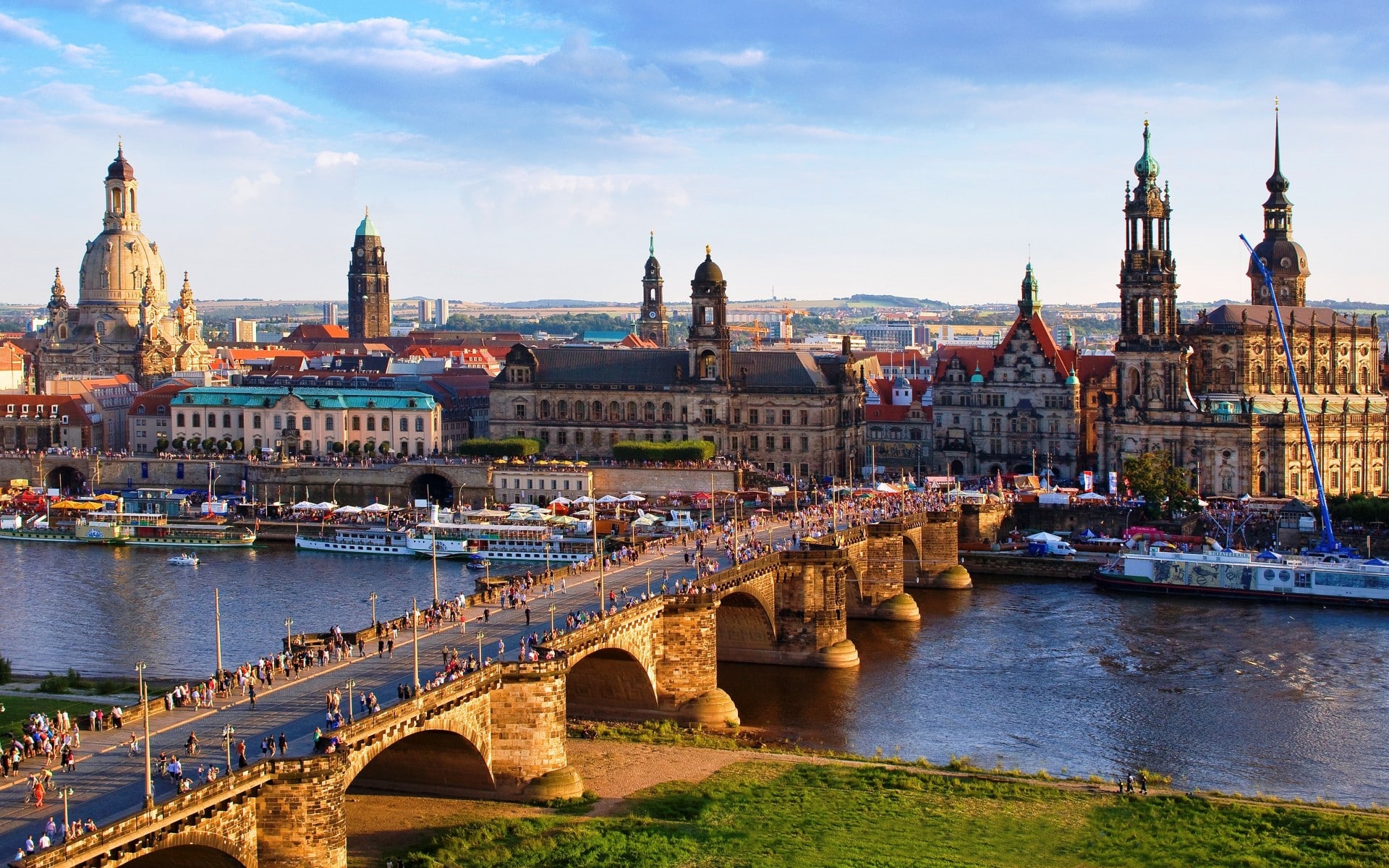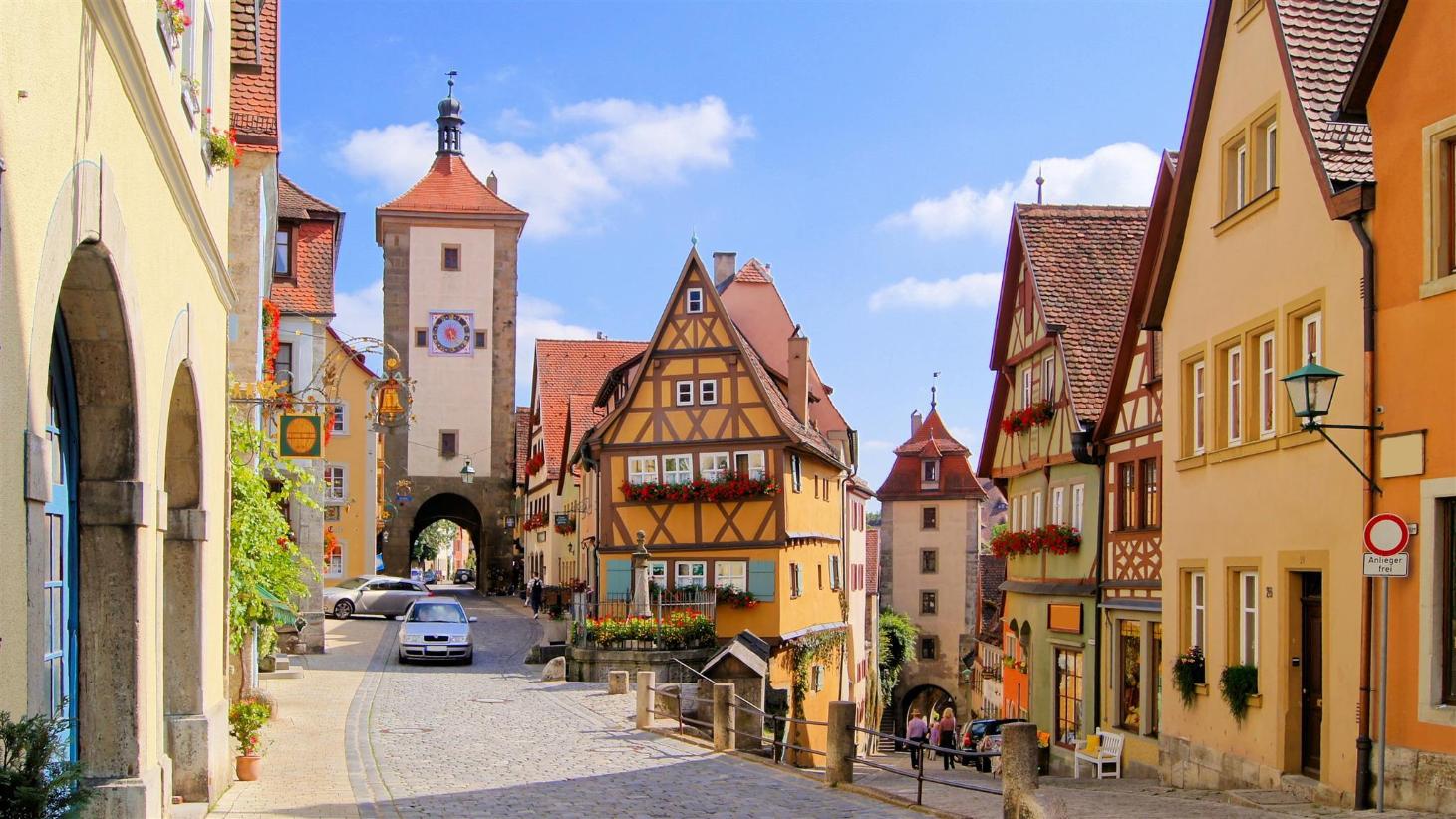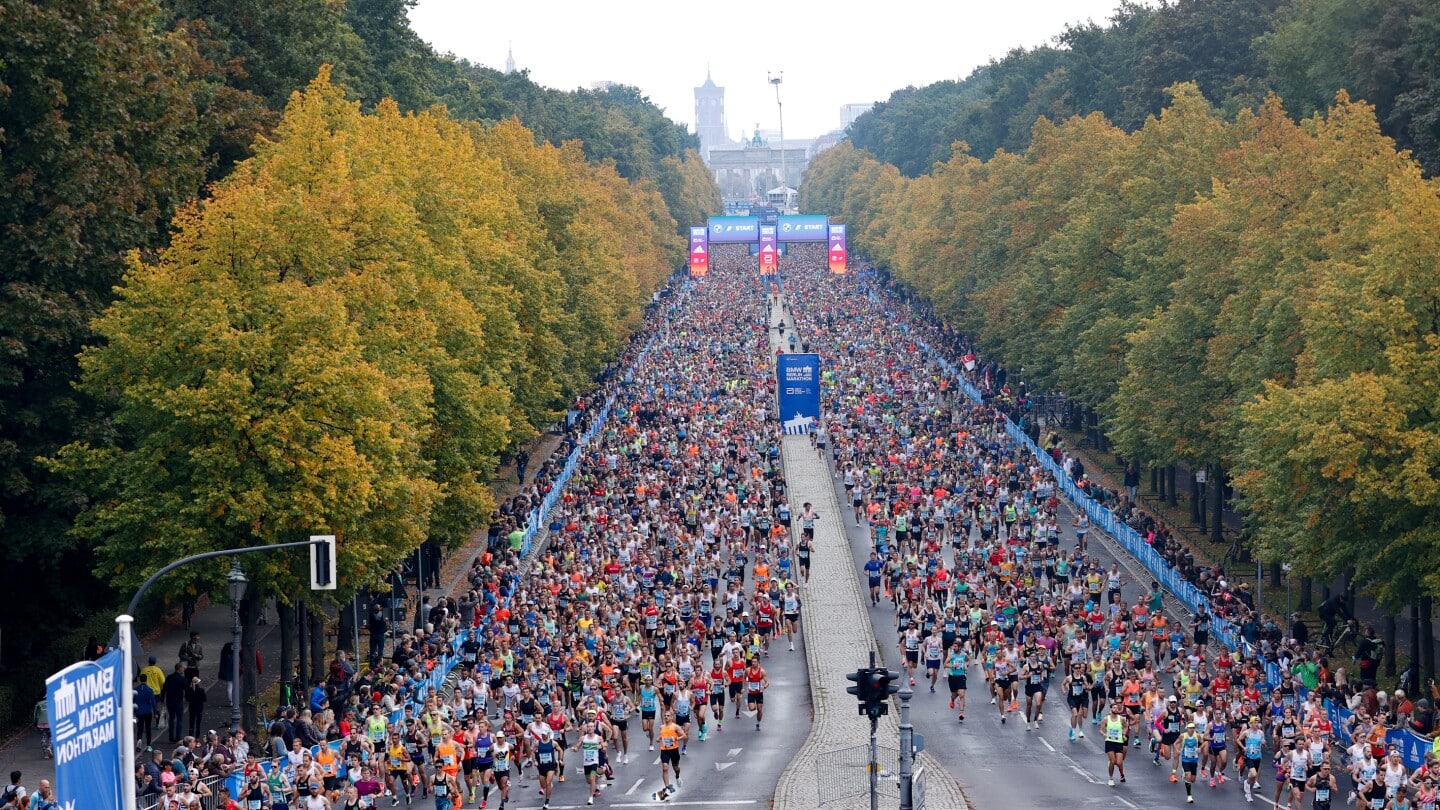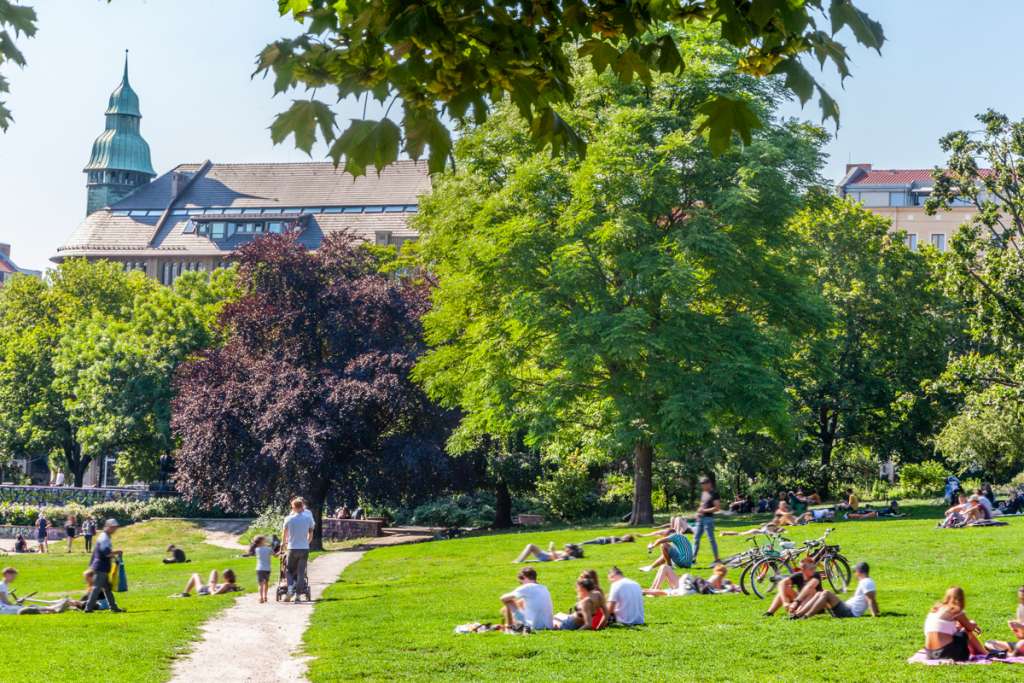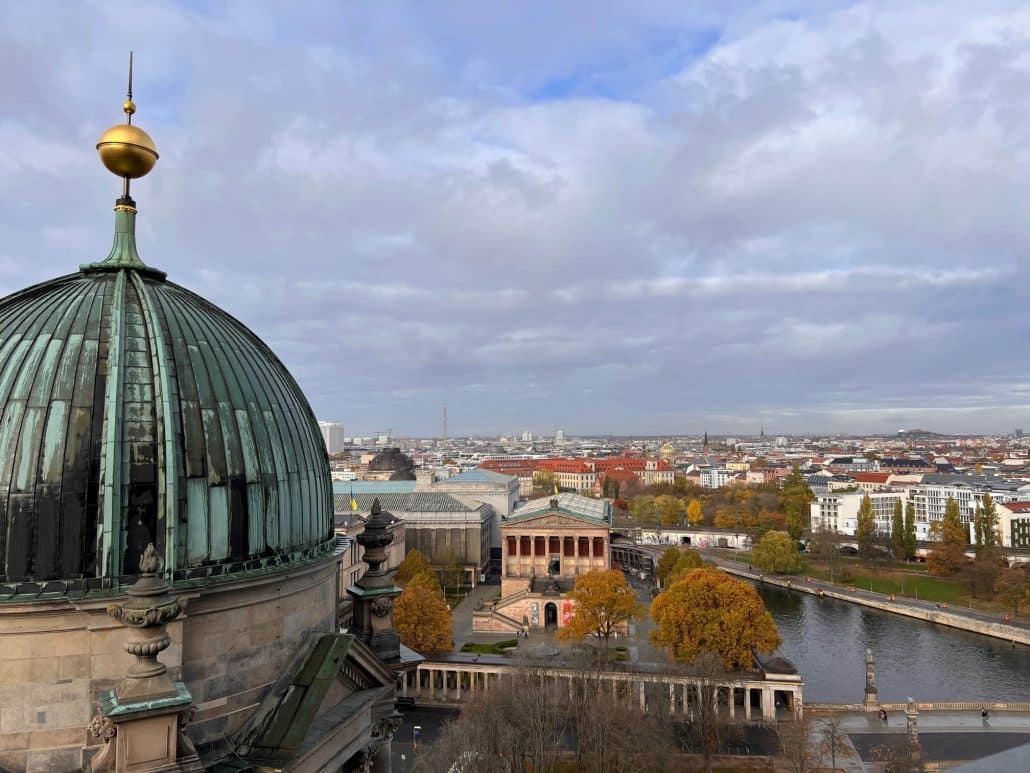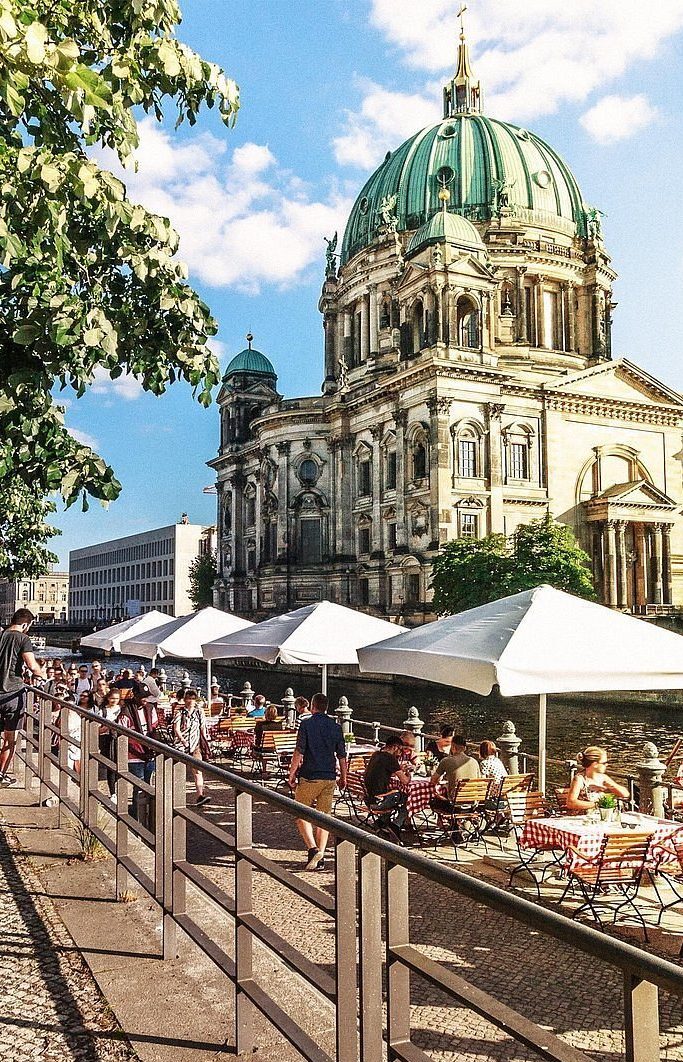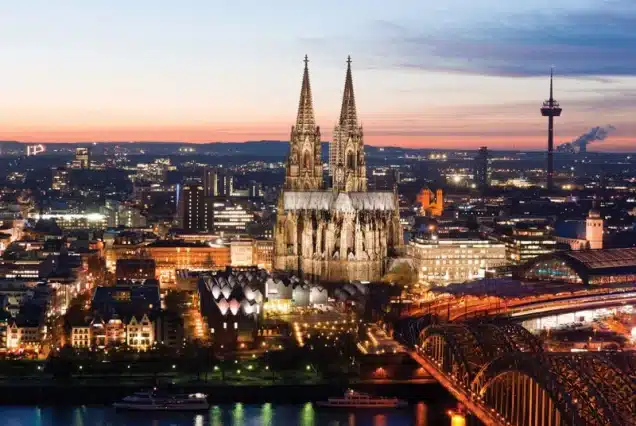

Discover Germany
Sights
Map
Info
Germany is a country at the heart of Europe, known for its rich history, cultural heritage, and modern cities. With its impressive architecture, natural beauty, and vibrant cities, Germany is a popular destination for both business and tourism. When planning your trip, it’s useful to be informed about visa and passport requirements, transportation and accommodation options, as well as dining and cultural practices. Additionally, understanding local cuisine, shopping opportunities, and language barriers will make your visit smoother and more enjoyable.
Visa and Passport Requirements
Schengen Visa: Germany is part of the Schengen Area, so a Schengen visa is required for non-EU travelers.
Passport Validity: Your passport must be valid for at least 3 months beyond your intended departure date from Germany.
Transportation
Trains: Germany has an extensive and efficient rail network; ICE trains are popular for traveling between major cities.
Buses: Long-distance buses like FlixBus offer affordable travel options across the country.
Accommodation
Hotels: Germany offers a wide range of accommodations, from luxury hotels to budget-friendly options, especially in large cities.
Hostels: Hostels are common and provide affordable and social accommodation for young travelers.
Airbnb: Short-term rentals like Airbnb are available, offering flexible lodging options throughout the country.
Dining
Restaurants: Germany has a variety of restaurants offering both international cuisine and traditional German dishes.
Beer Gardens (Biergarten): Particularly popular in Bavaria, these venues offer traditional German beers and local food in an outdoor setting.
Street Food: Street food like bratwurst and döner kebabs are widely available and popular across Germany.
Cultural Considerations
Punctuality: Germans value punctuality, so it’s important to be on time for appointments and social gatherings.
Public Order: Maintaining public order and avoiding loud or disruptive behavior is expected in Germany.
Politeness: Formal greetings and politeness are important in social and professional settings.
Language
German: German is the official language, but English is widely understood in major cities.
Language Apps: Translation apps can be helpful in overcoming language barriers, especially in smaller towns.
Technology and Communication
Internet: Germany has widespread Wi-Fi and mobile internet coverage, though rural areas may have limited access.
Electrical Outlets: Germany uses Type C and F plugs; travelers may need an appropriate adapter.
Shopping and Payment
Credit Cards: Credit cards are widely accepted in major cities, but some small businesses may only accept cash.
ATMs and Banks: ATMs are easily accessible, allowing you to withdraw cash conveniently.
Tax Refunds: Tourists can claim VAT refunds on purchases over a certain amount, making shopping more economical.

